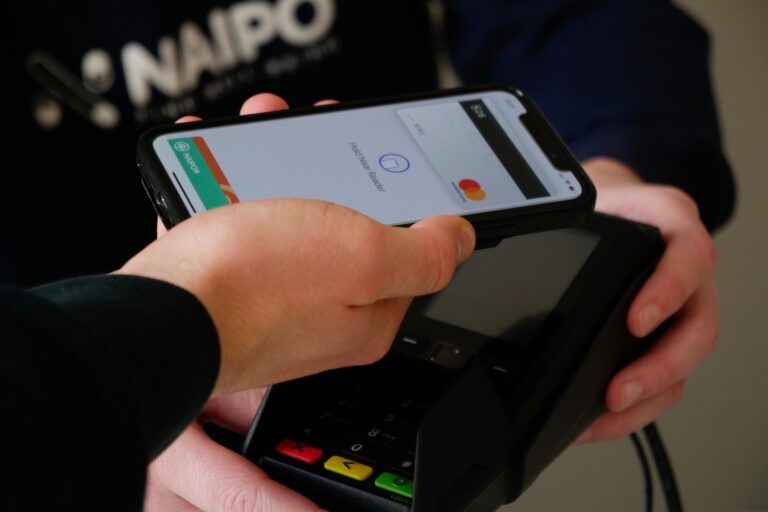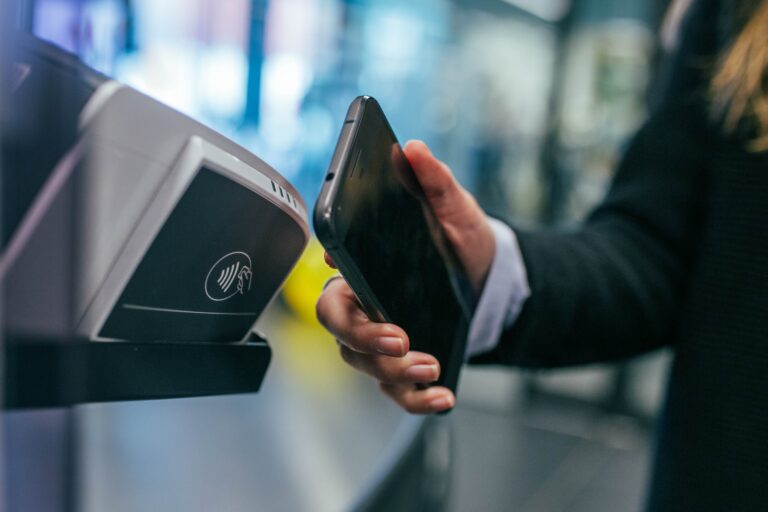If you’re a hotelier, one of your top priorities is undoubtedly making it as easy as possible for guests to book a room at your property. That’s where a Hotel Booking Engine comes in. A Booking Engine is a software application that enables potential guests to search for rooms and make reservations online, 24/7. Most hotel Booking Engines can also integrate and sync directly into a Property Management System (PMS).
And while there are many Booking Engines on the market, not all of them are created equal. When choosing a Booking Engine for your hotel, it’s important to consider which features are most important for you and your guests.
Below are five essential features that a Hotel Booking Engine should have:
-
Mobile-friendly Interface
-
Over 4.32 billion people worldwide use the internet using their mobile devices. This accounts for 90% of all internet users globally. Instead of spending hours on their desktop, users now prefer browsing through their smartphones, meaning hotels should make sure that their Booking Engine’s functionalities can be conveniently accessed via mobile. Nowadays, a mobile-friendly interface is no longer an option but a must.
-
-
Seamless Booking Flow
- A hotel’s Booking Engine should make for a simple, intuitive booking experience. From choosing a room to searching for dates to completing payment, the simpler the process is, the better. If a hotel is part of a chain, it’ll be best for them to find a tool that supports multi-property bookings, so the guests can choose to book multiple properties and the hotel can easily cross-sell and maximise revenue.
- Secure Payments
- Security is one of the most important aspects in the hospitality industry when processing card payments, and it’s best to choose a Booking Engine powered by a payment solution like Kovena. Kovena processes payments using the most stringent PCI DSS standards, meaning that the Booking Engines and Property Management Systems supported by Kovena, will be PCI Compliant. Another added benefit is being able to accept multiple currencies and accepting the most common card types (e.g. MasterCard, VISA, American Express, etc.), plus any additional card types and wallets.
- Customisable Options
- Being able to personalise and customise the Booking Engine is a great ability to have. Hotels will be able to display their brand identity and make a great first impression, hopefully making a guest a looker-to-booker. You should ideally be able to edit the CSS code to mimic the feel and look of your website. Another great feature is adding multilingual options to cater to a wider audience.
-
Upselling Options
-
A Booking Engine should allow guests to upgrade their room type or add on additional services during the booking process. Upselling is a great way to boost your revenue and provide your guests with added value. Some examples of upselling options include upgraded room types, early check-in/late check-out, spa treatments, airport shuttle service, etc.
-
Choosing the right Booking Engine is essential for any hotel that wants to thrive in today’s competitive marketplace. When searching for a Booking Engine, be sure to look for one that offers a seamless interface, mobile optimisation, secure payment processes, business customisation, and opportunities for upselling.
With the above-mentioned features in a Booking Engine, hoteliers and their guests will enjoy a seamless booking flow. Contact us at Kovena if you’re interested in learning more about our top Booking Engine recommendations or if you’re interested in integrating Kovena into your Booking Engine software in order to enable secure, embedded payments.


